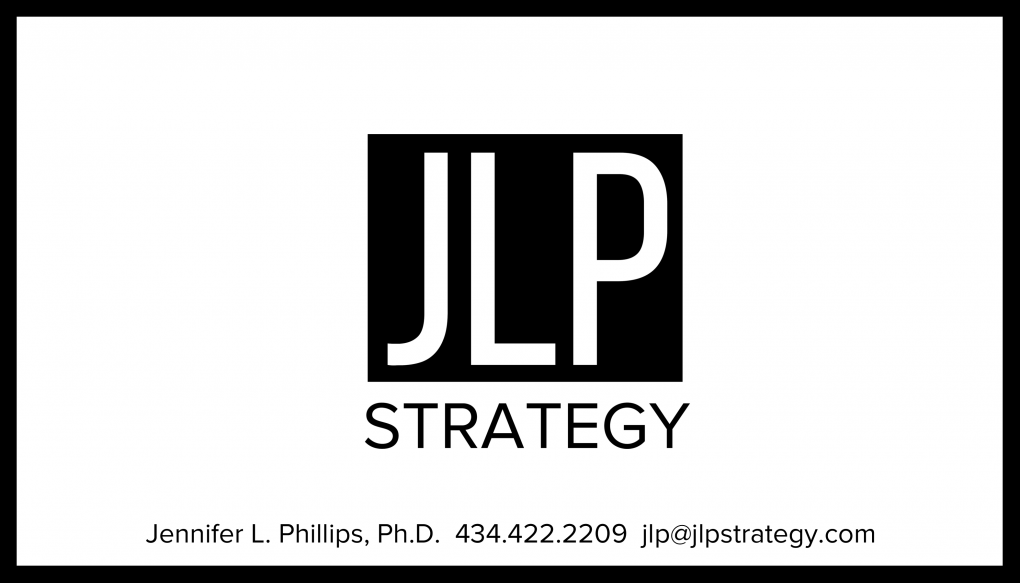In September, I attended a University of Virginia panel titled, “The Future of the Just War Tradition.” The panel consisted of a presentation by Richard Miller, a powerhouse in modern just war thinking, along with five short scholarly responses (also impressive). Not only was the subject matter serious and interesting, but the discussion itself also illustrated the manner in which fields of study can and should evolve to stay relevant.
Enrichment Value:
In addition to subject-specific learning, I left the panel impressed by the format of the exchange and the way in which the tradition adapts, albeit carefully. The latter of these was acknowledged by Miller in his opening remarks, when he addressed the importance of both continuity and change to the just war tradition. This “paradox,” as Miller called it, is the essence of decision-making — and it is one I see in every industry I encounter. Decision-makers of all stripes must understand and engage established wisdom, while also adapting to change and inviting the creative energies of new players.
The panel also illustrated the importance of risk assessment. The line between continuity and change is paramount for decision making, but its location varies from problem to problem, industry to industry, organization to organization, and individual to individual. One can begin to identify that line by assessing risk (what’s at stake?), who bears the burden of the risk, and how risk-tolerant those people or entities can afford to be. Every decision — from the ethically fraught decision to enter war to isolated personal decisions — should begin with a careful assessment of risk. That assessment will illuminate the appropriate degree of care, and it will recommend a balance between established wisdom and creative energy.
(I have also used the structure of just war theory as a device to illuminate the ethics of work on LinkedIn Pulse. Read more…)
Enrichment Content:
Here’s a quick 101 on the just war tradition. As a body of work, just war theory explores the ethics of war. The tradition asks (and answers) questions regarding when it is ethically appropriate to engage in warfare, and how one might do so ethically. Traces of the tradition can be found throughout the history of warfare, dating well before its formal beginnings in the Catholic Church. It began to gain traction as a cohesive theory in the fifteenth century, and ultimately became a dominant framework for contemporary ethics of war.
The just war tradition is distinct from pacifism because, notwithstanding their shared presumption against violence, the just war tradition posits that war can sometimes be just justified. Just war theory has traditionally presented two categories of justification: jus ad bellum, which governs the decision to go to war, and jus in bello, which governs conduct in war. Contemporary thinkers have added others, including jus post bellum, which governs the end of conflict and peacemaking, and jus ad vim, which incorporates non-state actors into a broader examination of just force.
At the panel, Miller sketched a vision for the just war tradition that both respects the continuity of the tradition and addresses the changing context of warfare, specifically the new realities of humanitarian intervention, terrorism, drone warfare, and cyber warfare. In all of these, he emphasized the significance of asymmetric war. Respondents challenged Miller energetically and respectfully on the following:
- R2P: A U.N.-adopted principle known as “responsibility to protect” against atrocities like genocide and ethnic cleansing.
- Climate change as a factor reshaping war in the twenty-first century.
- The hypocrisy of calling unjust war, “war.” (“Let’s call it slaughter,” argued nerd-famous pacifist Stanley Hauerwas.)
- The importance of dialogue for sorting out who has authority as the international order evolves.
- The problematic detachment of just war theory from the day-to-day work of military and political leaders.
Heavy stuff! Well worth the effort of engagement.


